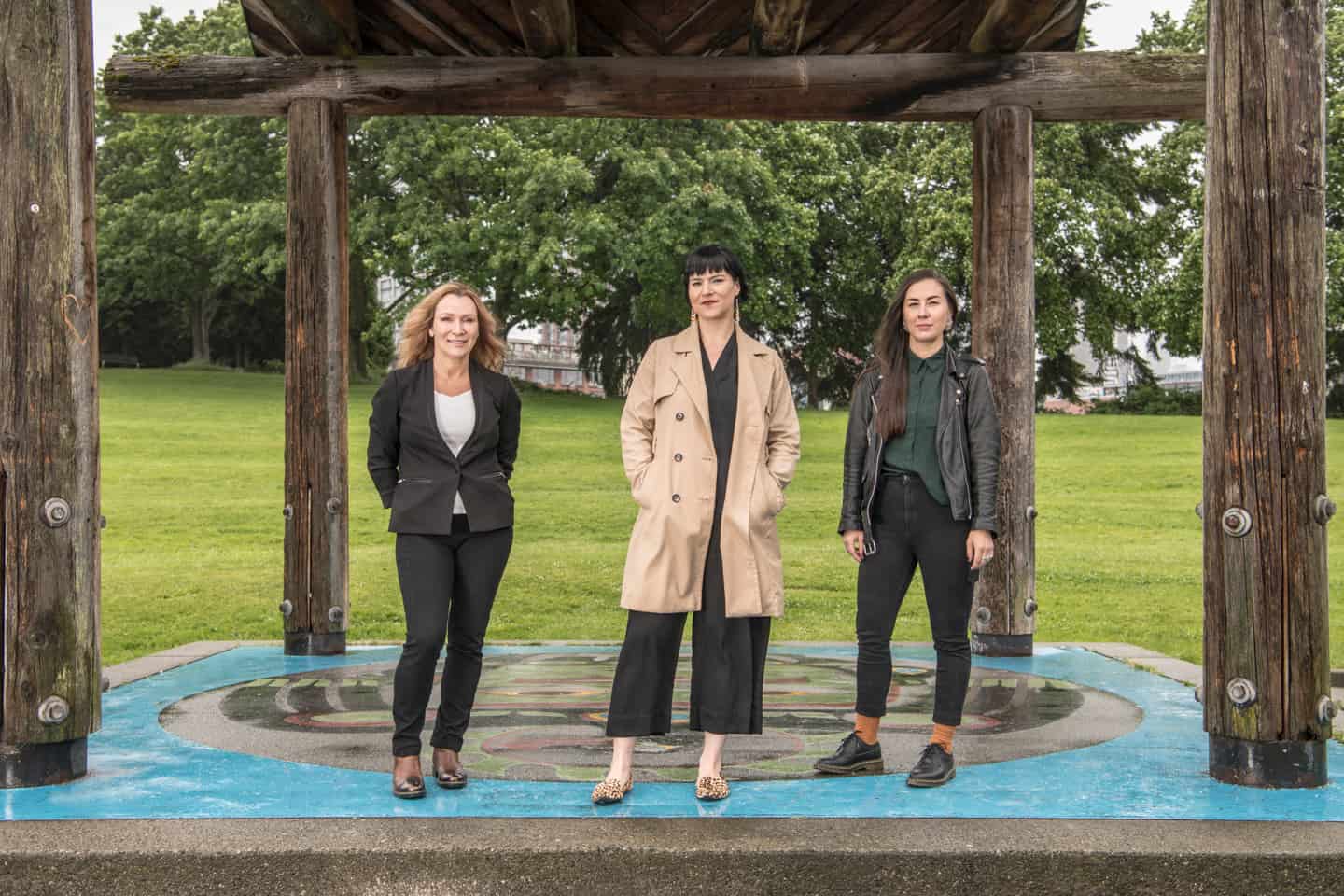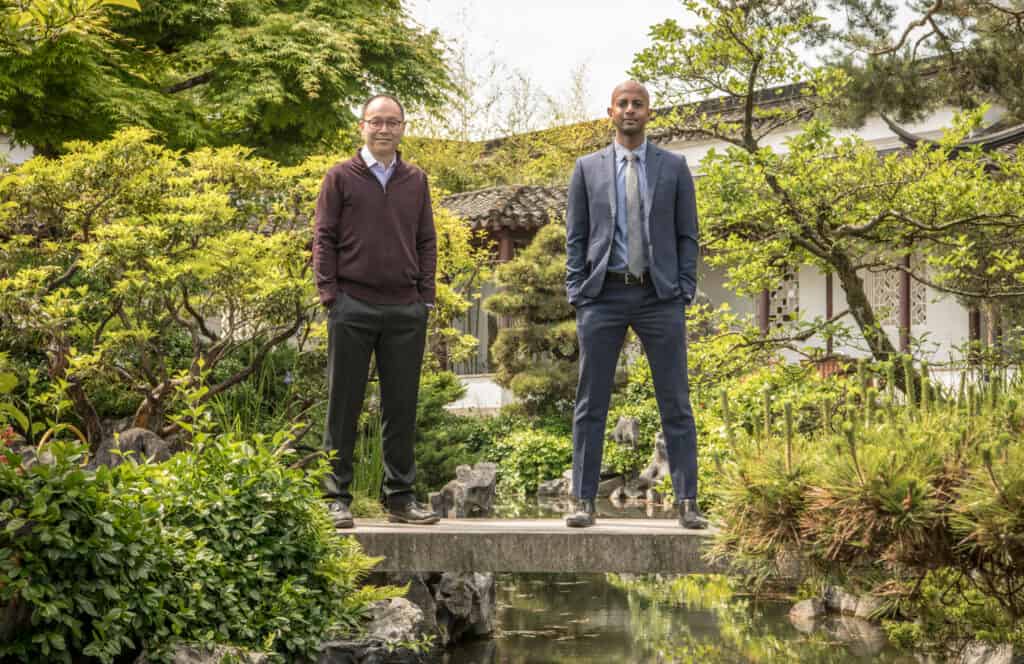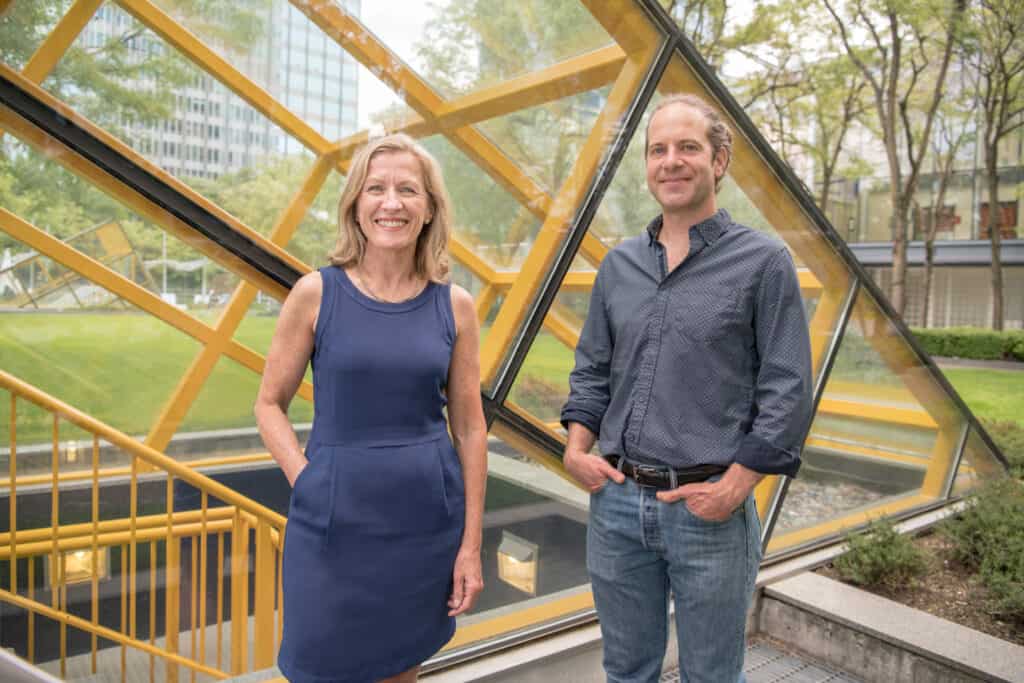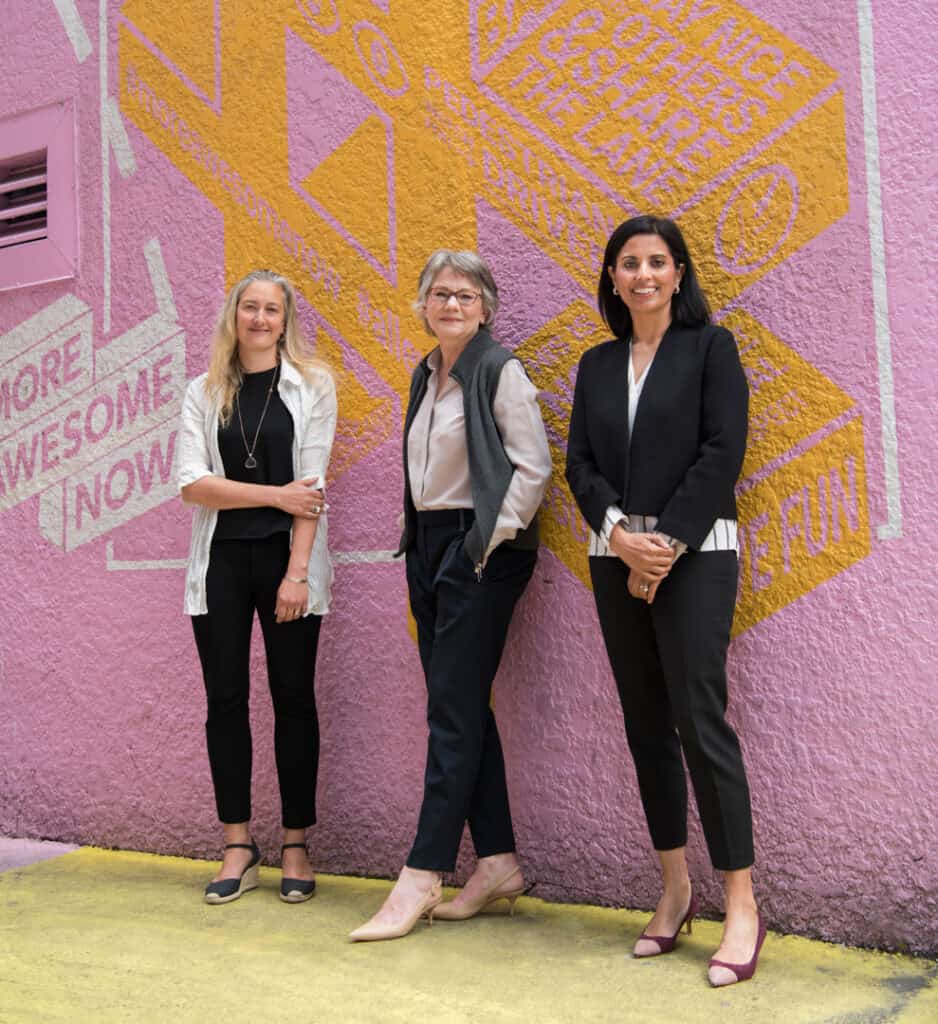Published Promise 2020
The ongoing opioid crisis affects families right across British Columbia, but Indigenous communities have been especially hard hit. Recent statistics from the First Nations Health Authority (FNHA) indicate that although First Nations people make up only 3.3% of the population, they are disproportionately affected by overdose events and deaths. And the difference between the numbers of deaths among First Nations people compared to the total population has even further widened since the pandemic began. It’s creating a crisis within the crisis.
At the British Columbia Centre on Substance Use (BCCSU), and in partnership with FNHA, a group of Indigenous health care professionals and researchers are working to stem the tide of the opioid crisis and improve Indigenous health care in BC.
Nothing about us, without us
Culturally appropriate health care for Indigenous peoples in BC is essential to health and well-being. “Having Indigenous peoples carry out harm-reduction programs relating to other Indigenous people is critical,” says Jennifer Lavalley who is Cree-Saulteaux Métis, and a PhD student at the University of British Columbia and project coordinator with the BCCSU.
Lavalley’s research explores the experiences of Indigenous people who use drugs to develop culturally safe harm-reduction strategies and substance-use treatments. “For Indigenous people, harm reduction goes far beyond substance use: it has to include the harms associated with colonialism. Only Indigenous people can lead that approach and those conversations.” In recognition of her research, Lavalley has been named one of this year’s prestigious Pierre Elliott Trudeau Foundation scholars.
For Corrina Chase, who is Métis, and the joint BCCSU/FNHA Addictions Care Partnership manager, the goal is to fast-track evidence-based research from BCCSU to FNHA that will help mitigate harms from opioid use disorder. “We are all working on reducing the risk of overdose and supporting Indigenous people in their chosen pathway of wellness.”
Doing this work is a joint effort. “It’s about meaningful collaboration with BCCSU, FNHA, and First Nations communities who are all working on expanding harm reduction resources, and bridging gaps to access health services for First Nations People in BC.”
The future of the Indigenous health and wellness
Another key figure in this new model for culturally appropriate and self-determining Indigenous health is Dr. Lindsay Farrell, who is Anishinaabe. Farrell comes to Providence Health Care (PHC) from the BCCSU, where she worked to embed Indigenous cultural safety and humility practices in therapeutic guidelines, research, and education.
She joins PHC’s leadership team as the director of Indigenous Wellness, Reconciliation, and Partnerships. “I am thrilled to have Dr. Farrell in this new role,” says Dr. Christopher E. De Bono, PHC’s vice-president of Mission, People, and Ethics. “Creating space for advanced leadership roles for Indigenous peoples ensures that our services are provided in ways that are faithful to our mission, vision, and values.”
In her new role, Farrell will continue the work she started at the BCCSU: to help rewrite, rethink, and reshape the way health care services are delivered to Indigenous peoples in BC, and change the way we work to embed Indigenous cultural safety and humility practices into the organization.
“I’m excited to help lead these efforts now, at the new St. Paul’s, and across the provincial health care system,” says Farrell. Among her first initiatives, Farrell wants to work on making Indigenous cultural safety training accessible and free for everyone. “This will benefit absolutely all our staff, from nurses and physicians to receptionists and core support staff.”
Not only are these initiatives making a difference today, they’re being carefully integrated into the new St. Paul’s hospital and health care campus, so we can deliver care in even more holistic and integrated ways. It will be a place where novel programs dovetail with existing cultural supports like the All Nations Sacred Space to address physical, mental, emotional, and spiritual healing. It will also be a place where elders (as Traditional Knowledge Keepers) and traditional medicines and ceremonies are an integrated part of the continuum of care. And where self-identified Indigenous patients and their families know they will be treated with dignity and respect.
In short, it will be a safe and welcoming place of wellness for all British Columbians.
You can help build the new foundation of care at the new St. Paul’s at the Jim Pattison Medical Centre. Give today at donate.helpstpauls.com/indigenous-health and support the future of Indigenous wellness.
A made-at-St.-Paul’s response to opioid overdose recovery
It’s been seven years since fentanyl made its way into the illegal drug supply, igniting the overdose epidemic. St. Paul’s has been on the front line since the beginning and we know that our most vulnerable patients need more than to be resuscitated and discharged. Imagine if a person treated for a heart attack was sent home without follow-up care?
That’s why the team in St. Paul’s Teck Emergency Centre has rolled out a first-in-Canada pilot project to provide critical support for drug users immediately after an overdose. Recovering overdose patients receive a takehome treatment packet that contains a supply of Suboxone (medication that can help ward off withdrawal symptoms and prevent subsequent overdose), easy-to-understand instructions, and a specific follow-up care plan. Providing patients with support and treatment after overdose isn’t just compassionate, it’s life-saving.
Help support PHC’s work in combating the opioid crisis. Give today at donate.helpstpauls.com/substance-use.



